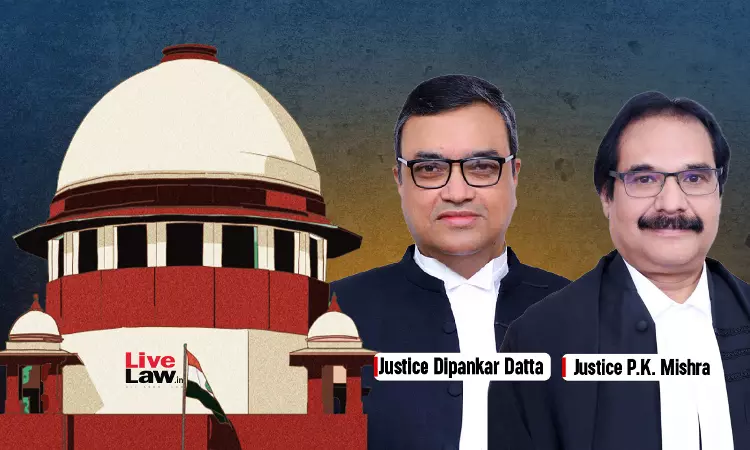Disciplinary Action Can't Be Upheld When Employee Was Acquitted In Criminal Case Over Similar Evidence : Supreme Court
Gursimran Kaur Bakshi
24 April 2025 8:34 PM IST

The Court awarded a lumpsum compensation of Rs 30 lakhs to the Appellant finding that he was wrongfully dismissed from Bihar Police Service.
Next Story


